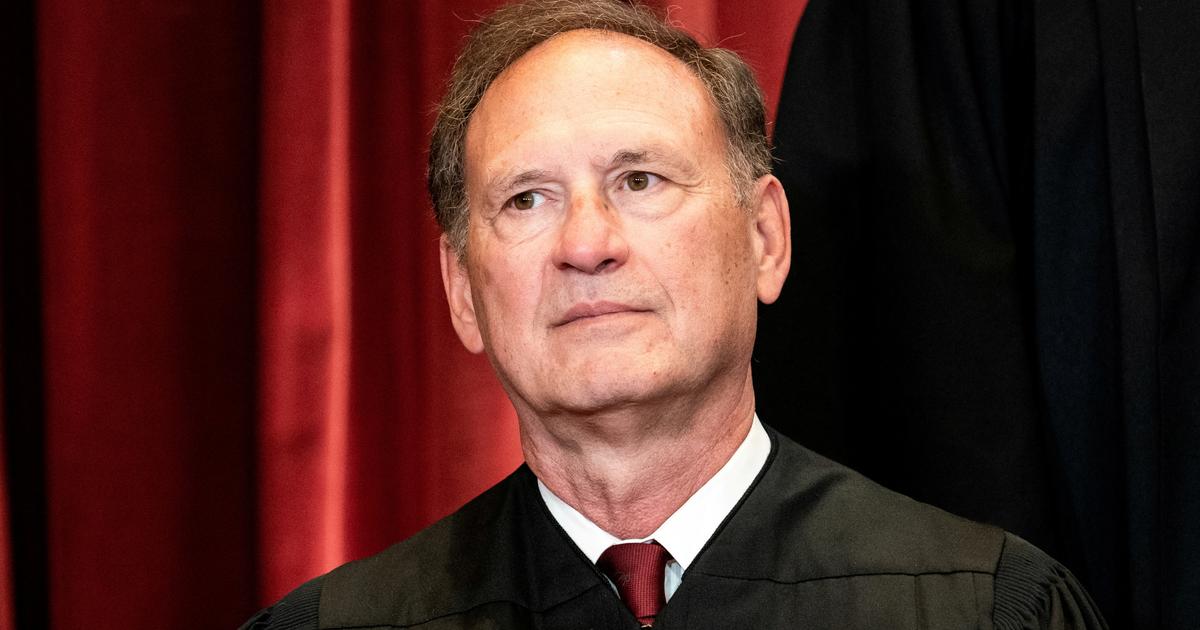Justice Alito's Controversial Decision on Recusal
Supreme Court Justice Samuel Alito has decided not to recuse himself from cases involving former President Donald Trump despite burgeoning controversy. The issue initially came to light when Democratic Senators Dick Durbin and Sheldon Whitehouse urged Chief Justice John Roberts to address the situation. They cited the presence of potentially controversial flags at Alito's residences as grounds for concern about his impartiality.
In response, Justice Alito argued that these incidents did not meet the criteria for recusal as outlined in the Supreme Court's code of ethics. He emphasized that the decisions to fly these flags were made by his wife and not influenced by him. Alito pointed out that under the current recusal rules, individual justices hold the ultimate authority on such decisions.
The Symbolism and Controversy Surrounding the Flags
The controversy centers on an inverted American flag flown at Alito's home in Virginia around the time of President Joe Biden's inauguration in January 2021. This flag, initially a military distress signal, has been appropriated by Trump supporters to symbolize their belief that the 2020 election was stolen. Another incident involved an 'Appeal to Heaven' flag, a symbol of Christian nationalism often embraced by Trump supporters, flown at Alito's vacation home in New Jersey.
These flags have raised questions about Alito's impartiality as the Supreme Court prepares to rule on cases related to Trump's actions during and after the 2020 election. One case involves Trump's claim of presidential immunity, while the other relates to a participant in the January 6 Capitol attack. The Court's decisions on these matters are expected by the end of June.
Former President Trump has lauded Alito's stance, calling it a demonstration of 'intelligence, courage, and guts.' However, the controversy around the flags and the potential implications for the Court's credibility remain hotly debated topics.
- Justice Alito asserts that his wife, Martha-Ann Alito, was solely responsible for raising the flags, emphasizing her freedom of expression. Despite his request for the removal of the flags, she refused for several days, according to Alito.
- The Supreme Court's code of ethics grants individual justices the final say on recusal decisions, which has led to scrutiny and debate over possible reforms to ensure greater transparency and accountability.
- Alito's refusal to recuse himself highlights ongoing divisions within the Court and public concerns about potential political biases influencing judicial decisions.






